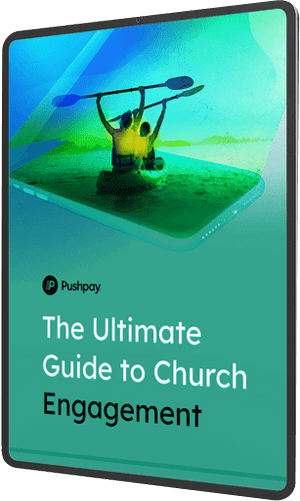
How Christ’s Church of the Valley Nurtures People through Their Member Journey
Blue Van Dyke, the executive pastor at Christ’s Church of the Valley (CCV), is a pioneer of the synthesis between marketplace practices and missional church outreach. As a church leader, he is almost a caricature. Literally a former car salesman, Blue showed tact and tenacity in sales through the application of professional marketing strategies. But he later asked: “How is it that we are leveraging these [practices and technologies] to put somebody in a luxury car they probably don’t need, but I’m not using these same tools to bring somebody to Christ?”
After all, Christ is something people need infinitely more than luxury vehicles.
For Blue, the question is: Are churches bringing the best practices into their initiatives to reach people and make disciples? The source of the best practice doesn’t matter. What counts is whether or not it can be pressed into the service of God’s Kingdom on earth.
“Let’s be unashamed about looking at these best practices,” suggests Blue. “Let’s just apply them to an industry that matters.”
Blue states that CCV has one three-tiered goal: Make believers, train the believers to be disciples, and send those disciples out to the world to impact it for Jesus Christ. And with a weekly attendance exceeding 25,000, it’s hard to argue with results.
Church Tech Check
This proprietary online assessment helps churches understand how they rank in regards to what tech they use and how they use it.

In line with this goal, CCV has devised a four-stage member journey designed to transform a visitor into a world-impacting disciple. In a Leadership Breakout for Summit 2017, he shared them with us:
1. Awareness
The goal at this stage is to let people know you exist. Simple. What transfers this information to a person in your community can be small, but it needs to catch the eye: A bumper sticker, a billboard, a t-shirt, or a logo on a laptop. “We have no misconceptions,” says Van Dyke. “We don’t expect that when somebody sees our bumper sticker we’re bringing them to Christ.” The immediate goal here is not to convert or evangelize (though that is the ultimate goal). It is to let people know you are there. Make a good impression. A church logo, naturally, would be memorable, especially if it is simple. Make sure every item includes your church website.
2. Consideration
According to Blue, the first thing a person will do once they’ve become aware of your church is visit your website. But they won’t visit only yours. “People will go between 12 and 15 different websites before they step foot in a church,” reports Blue. Your online presence will be critical.
These days, a clean, simple, and clearly laid out website designed to answer questions, with visiting information (such as address, time of services, etc.) front-and-center, is the bridge between becoming aware that your church exists and actually paying a visit.
3. Evaluation
In short, this is the first visit. Many churches consider this a victory and start celebrating early. After all, even a first-time visitor still adds to the total weekly attendance. The only trouble is a first-time visitor is often a one-time visitor. Blue encourages us to think of the first visit as a test drive, not a sale. People seldom visit a church for the first time because their minds are made up. They are still evaluating. A second visit (though, again, not a “final sale”) is telling.
4. Commitment
For CCV, this stage is “the marketplace equivalent of a purchase.” Here, the individual has completed the community member journey and demonstrated a commitment to the life of Christ through a local church. Other churches might measure this with memberships or volunteer hours, but CCV uses baptisms.
Whereto from Here?
Just because someone has completed the community member journey does not mean the church’s work of discipleship is complete. In fact, this is where the real work begins. You might consider the community member journey as a sort of preamble to the true life of Christ in the church. CCVs three-tiered goal is far from over. They’ve merely set the stage for real world-impacting discipleship.
For strategies to help drive engagement and participation in your community, download the free ebook, The Definitive Guide To Successful Church Engagement, today.
Guide to
Church
Engagement
Learn how to boost church engagement physically and digitally.


Community Size
Key Tools
- ChMS
Results
“How is it that we are leveraging these [practices and technologies] to put somebody in a luxury car they probably don’t need, but I’m not using these same tools to bring somebody to Christ?”

